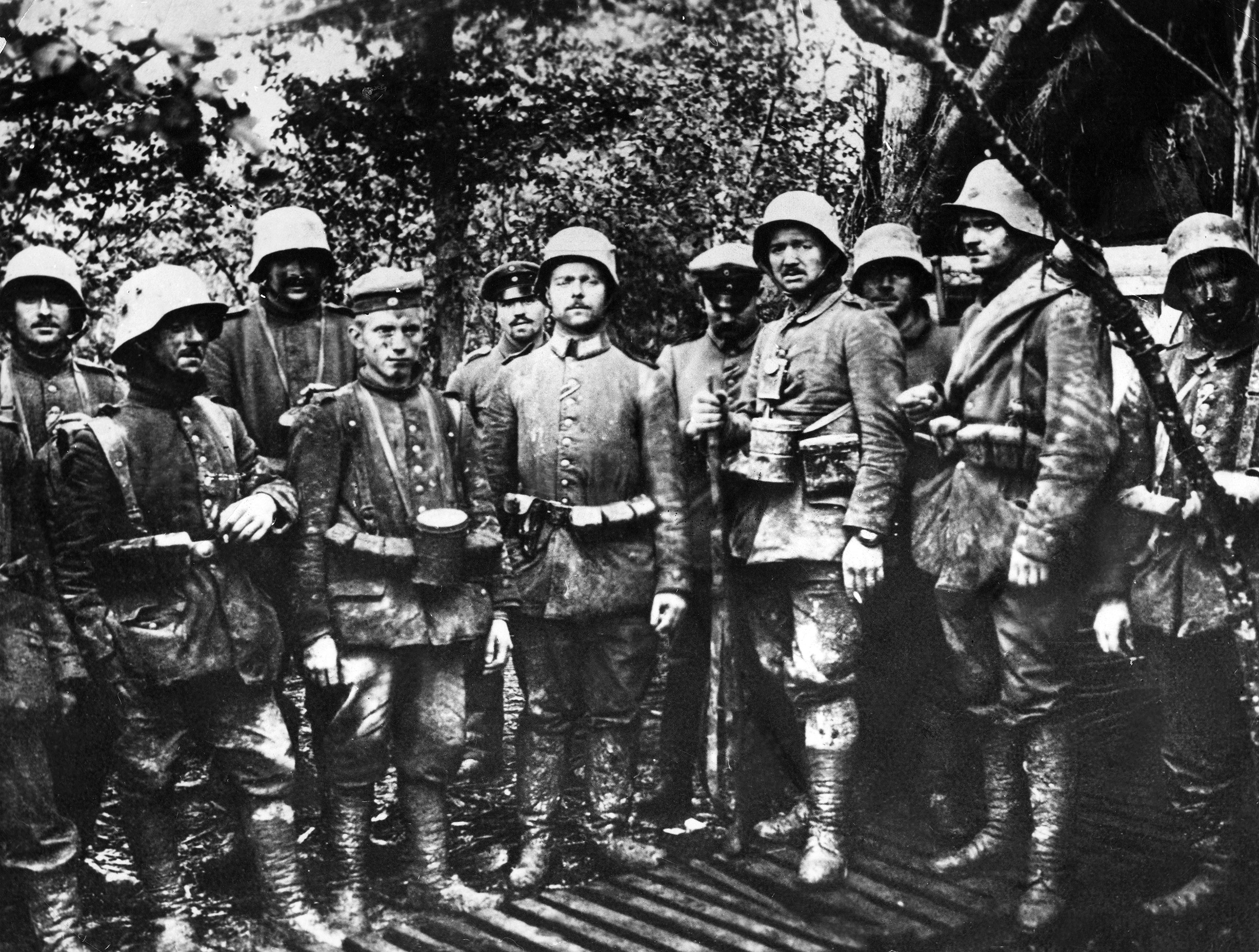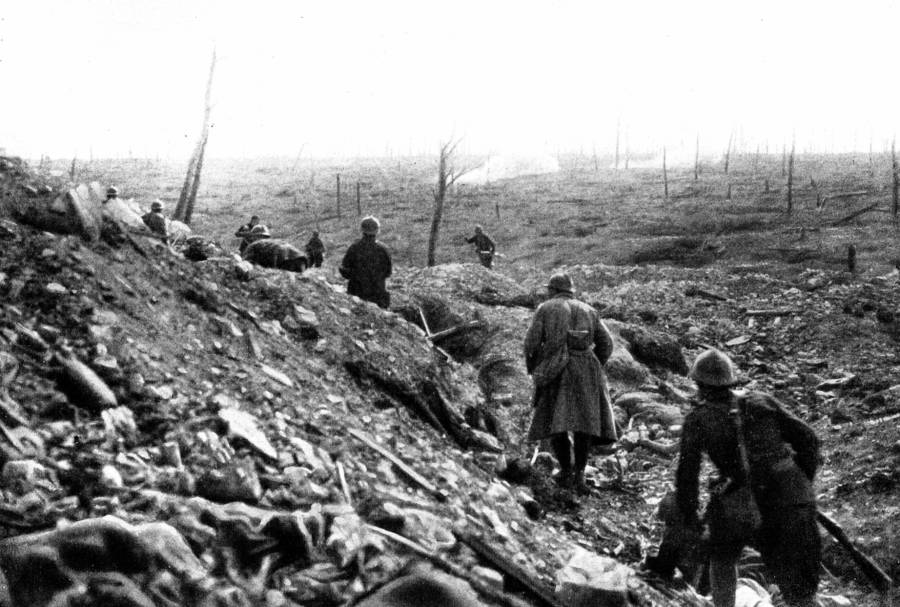

Even Falkenhayn is humanised - Horne recounts how the stress and guilt of Verdun haunted him for the rest of his days, until his premature death in 1922.

These ‘donkeys’ of the First World War are given depth here. On the other side there is the awkward, sensitive, womanising Grand Prince, despised and ignored by his father, the Kaiser, and the other generals due to his apparently unmartial demeanour, but ironically the only German commander to foresee the calamity that Verdun would become. Joffre is part portly, avuncular peasant-general, but like all such men, as Horne reveals, he can be callous, too. First, we meet the French supreme commander Joseph Joffre - or rather his belly, his most ‘outstanding (in more than one sense) physical feature’. Horne’s characters are memorable, distinct and given space to breathe. None who fought at Verdun ever truly recovered from the horror of fighting for so long in such a confined space, and ‘beyond it, neither the French nor the German army would be quite the same again’. He hammers home just how important the battle was at every turn, arguing that ‘before it, Germany still had a reasonable chance of winning the war’, but that over the ten months of futile morale-sapping losses ‘this chance dwindled away’. Though he livens his account with personal details and moments of humour, he is never callous or trivial. With cinematic power, you feel the sunburn, the frost, the rain, the mud, the blood, the joy, the thirst, the depression, the camaraderie, the sacrifice, the fear, and the death. He breaks up the slog of the assault into chapters that capture perfectly the ebb and flow of the ferocious battle for this tiny space, and pulls you along with the elation and despair felt by both sides at various points throughout the year. Such is the power and the empathy of Horne’s even-handed, character-driven prose. The front had barely changed since the start of the year.Īt one point in the narrative, as one final, desperate German offensive gets close enough to glimpse the spires of Verdun, but not close enough to take the city, it is hard not to cheer them on, then weep for the futility of it all. Thus, the battle raged on, see-sawing over the devastated battlefield, for ten months, until both sides simply couldn’t continue. To retreat would be to call their deaths in vain. Hundreds of thousands of the Kaiser’s soldiers were pulled into the titanic struggle, their horrific sacrifices making it impossible to stop even more slaughter. In 1916 the supremely high cost of taking it made it so for the Germans, too. Verdun had long been a mythical place for the French, a fortress guarding the eastern frontier since Roman times, and made legendary by its defence in the war to protect the French Revolution in the 1790s. Once the onslaught began Horne helps us to see how both sides shared the pain of Western Europe’s bloodiest killing field. He knew they would rather bleed to death there than surrender Verdun. After a year of stalemate on the Western Front, the plan of Erich von Falkenhayn, the German commander, was not so much to breach the French defences but to concentrate them at Verdun, a tiny, exposed pocket of land, where German artillery could wreak a terrible toll and ‘bleed the French army white’.įalkenhayn understood the French psychology. The British historian Alistair Horne’s The Price of Glory, a magisterial account of the battle, first published in 1962, belongs to a school of compelling narrative history that puts the human experiences at its centre and, as a result, is hard to put down.įirst, the book introduces the characters and their aims. The French held Verdun, but it was one of history’s pyrrhic victories. Nowhere was this resolve more renowned, or more tragic, than at Verdun in 1916, the ten-month battle that claimed more than 700,000 French and German lives over a front of fewer than fifteen miles.

When they found themselves fighting the same invader, once again on their own soil, they were determined not to yield another inch of their territory, whatever the cost in blood. In 1871 the French had endured the mutilation of their country, and the seizure by Germany of some of their richest and most strategically important regions. There is much to learn from the titanic struggle between France and Germany during the First World War.


 0 kommentar(er)
0 kommentar(er)
